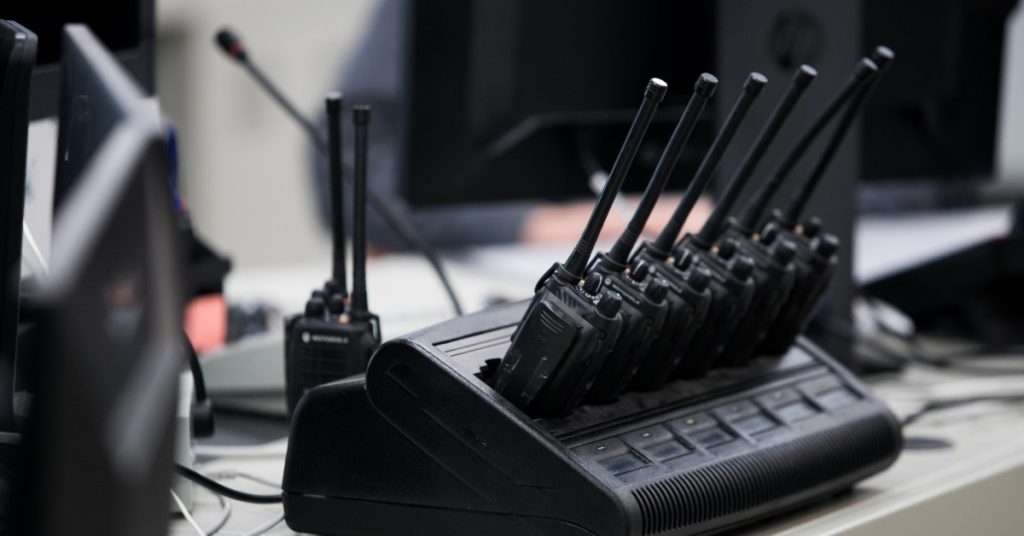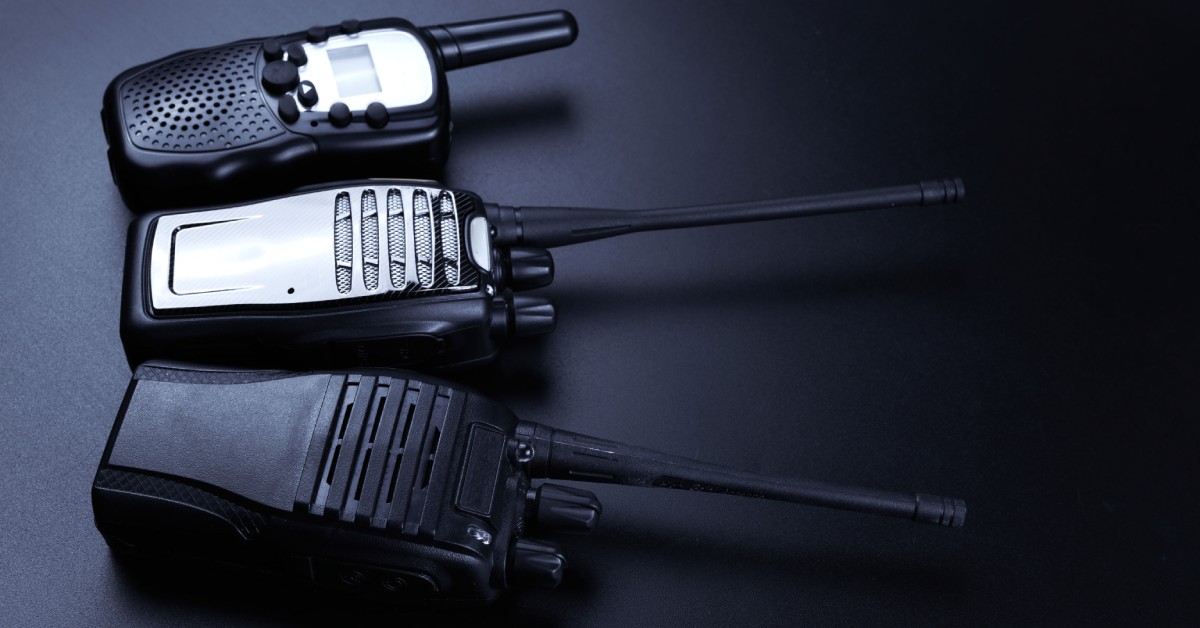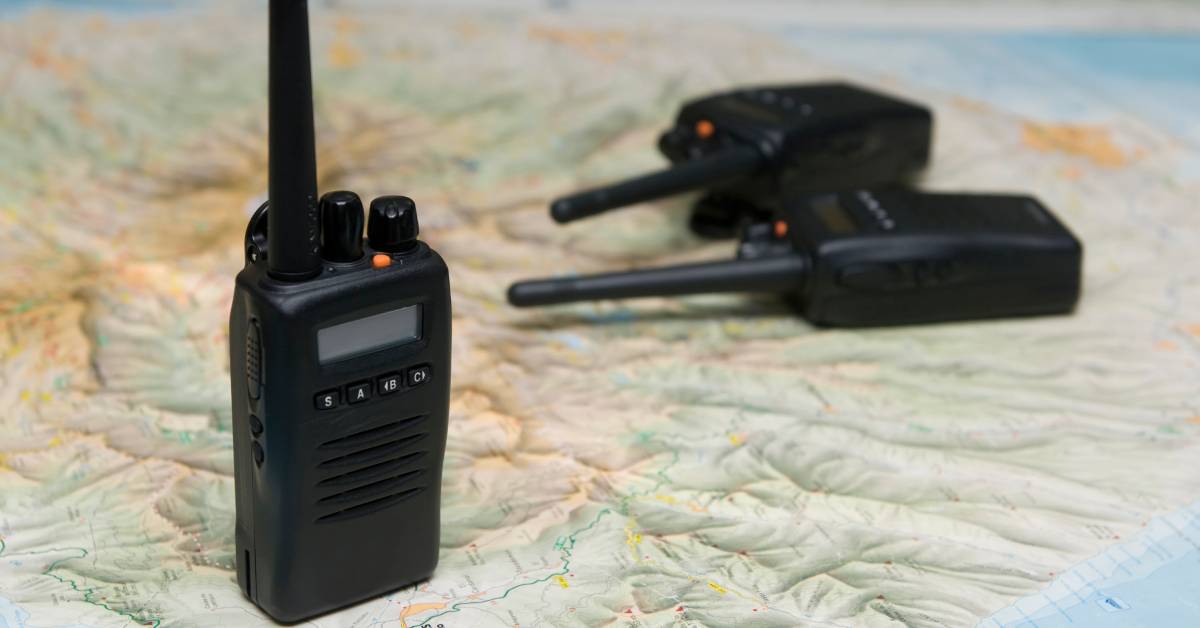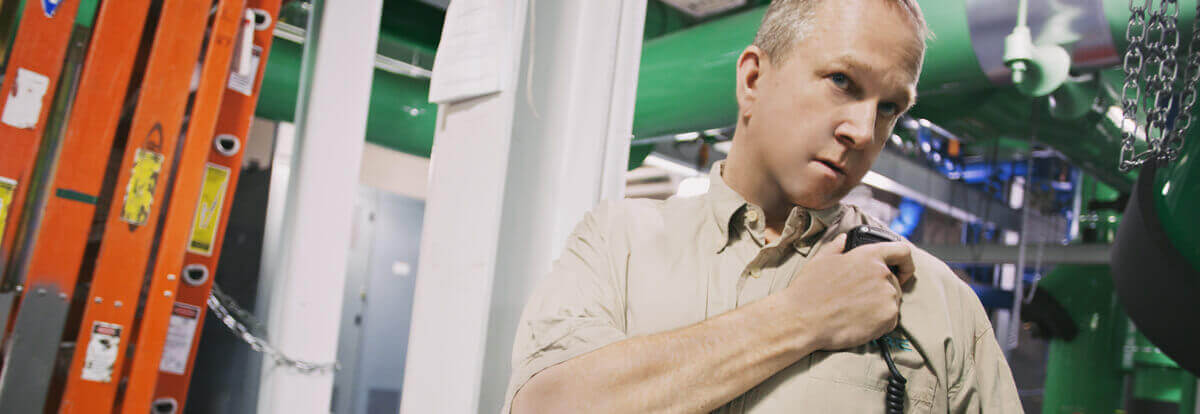For businesses that rely on two-way radios, ensuring these devices are always powered up can mean the difference between seamless operations and frustrating downtime. With so much information to share, reliable communication is more important than ever.
For those whose work requires them to stay in touch from remote locations, the right batteries for your two-way radios are crucial. These are the most important considerations when buying two-way radio batteries in bulk.
Why Quality Matters
When it comes to two-way radios, the quality of your batteries can significantly impact performance. High-quality batteries ensure your radios function efficiently, providing clear, uninterrupted communication.
On the other hand, poor-quality batteries can lead to frequent replacements, increased downtime, and even damage to your devices. Investing in high-quality batteries might cost more upfront, but the long-term benefits far outweigh the initial expense.
Longevity and Reliability
One of the most important factors to consider is the longevity and reliability of the batteries. High-quality batteries tend to last longer and provide consistent power, reducing the need for frequent replacements. This is particularly important in industries where reliable communication is crucial, such as emergency services or event management.
Performance Under Pressure
It’s essential to choose batteries that perform well under various conditions. Whether it’s extreme temperatures or heavy usage, your batteries should be able to handle it. High-quality batteries are designed to withstand these challenges, ensuring your radios are always ready when you need them.
Cost Efficiency
While high-quality batteries may come with a higher price tag, they are often more cost efficient in the long run. Their longer life span and reliable performance mean fewer replacements and less downtime, saving you money and hassle over time.
Understanding Battery Types
Different types of batteries offer different benefits, and knowing which one suits your needs is crucial. The main types of batteries you’ll encounter are nickel-cadmium (NiCd), nickel-metal hydride (NiMH), and lithium-ion (Li-Ion).
Nickel-Cadmium (NiCd)
NiCd batteries are durable and capable of handling extreme temperatures. However, they suffer from a “memory effect,” a phenomenon that causes them to lose their maximum energy capacity if they are repeatedly recharged after being only partially discharged. Despite this drawback, they are often preferred for their reliability in harsh conditions.
Nickel-Metal Hydride (NiMH)
NiMH batteries offer a higher capacity compared to NiCd batteries, meaning they can last longer on a single charge. They are also less affected by the memory effect, making them easier to maintain. However, they don’t perform as well in extreme temperatures and have a shorter overall life span compared to NiCd batteries.
Lithium-Ion (Li-Ion)
Li-Ion batteries are the most advanced option, offering the highest capacity and longest life span. They are lightweight, have no memory effect, and perform well in various conditions. While they are the most expensive option, their superior performance and ease of maintenance make them a popular choice for many businesses.

Importance of Compatibility
When purchasing batteries in bulk, it’s crucial to ensure they are compatible with your existing two-way radios. The Motorola APX 7000 battery, for example, is a reliable go-to choice for many businesses. Using incompatible batteries can damage your devices and void warranties, leading to costly repairs or replacements.
Checking Manufacturer Recommendations
Always refer to the manufacturer’s recommendations when selecting batteries. They provide guidance on which batteries are compatible with their devices, helping you avoid potential issues.
Understanding Voltage and Capacity
Ensure the voltage and capacity of the batteries match your radios’ requirements. Using batteries with the wrong specifications can lead to poor performance and potential damage to your devices.
Testing Before Bulk Purchasing
Before committing to a bulk purchase, consider testing a small batch of batteries to ensure compatibility and performance. This can save you from making a costly mistake and provide peace of mind that you’re making the right choice.
Evaluating Suppliers
Choosing the right supplier is just as important as selecting the right batteries. A reliable supplier ensures you receive high-quality products and provides excellent customer service.
Reputation and Reviews
Research potential suppliers to understand their reputation in the industry. Look for reviews and testimonials from other businesses to gauge their reliability and product quality.
Warranty and Return Policies
A reputable supplier should offer warranties and clear return policies. This protects you in case of defective products and demonstrates the supplier’s confidence in their offerings.
Customer Support
Good customer support is essential, especially when purchasing in bulk. Ensure the supplier offers accessible and responsive customer service to address any concerns or issues you may encounter.
Considering Environmental Impact
In today’s eco-conscious world, considering the environmental impact of your purchases is more important than ever. Opting for environmentally friendly batteries can help reduce your business’s carbon footprint.
Rechargeable Options
Rechargeable batteries are a more sustainable choice, reducing the number of disposable batteries that end up in landfills. While they may require a higher initial investment, the long-term environmental and financial benefits make them a worthwhile option.

Proper Disposal and Recycling
Ensure you have a plan for disposing of old batteries responsibly. Many suppliers offer recycling programs, making it easier to manage your waste sustainably. By recycling old batteries, you can help reduce environmental harm and promote a greener future.
Environmental Certifications
Look for batteries with environmental certifications, such as RoHS (Restriction of Hazardous Substances) and Energy Star. These certifications indicate that the batteries meet specific environmental standards, ensuring you’re making a responsible choice.
Quantity Considerations
When buying in bulk, determining the right quantity is crucial. Purchasing too many batteries can lead to unnecessary costs and storage issues while buying too few can result in frequent reorders and potential downtime.
Estimating Usage
Evaluate your business’s usage patterns to estimate how many batteries you’ll need. Consider factors such as the number of devices, frequency of use, and average battery lifespan.
Storage Capabilities
Ensure you have adequate storage facilities for your bulk purchase. Batteries should be stored in a cool, dry place to maintain their performance and longevity.
Shelf Life
Batteries have a limited shelf life, even when not in use. Check the shelf life of the batteries you’re considering and plan your purchase accordingly to avoid wastage.
Cost Management
Managing costs effectively is crucial when purchasing batteries in bulk. While it’s important to invest in high-quality batteries, there are ways to manage expenses without compromising on quality.
Bulk Discounts
Many suppliers offer discounts for bulk purchases. Negotiate with suppliers to secure the best possible price and take advantage of any available promotions or discounts.
Long-Term Contracts
Consider entering into long-term contracts with suppliers. This can provide price stability and ensure a consistent supply of batteries, making it easier to manage your budget.
Monitoring Battery Usage
Implement a system for monitoring battery usage within your business. This can help identify patterns and areas where you can reduce waste, ultimately saving money.
Keep Your Operations Running No Matter What
Investing in high-quality two-way radio batteries is essential for maintaining reliable communication within your business. By accounting for these key factors, you can make an informed decision that benefits your operations in the long run.
These considerations are essential when buying two-way radio batteries in bulk. With the right approach, you can ensure your business stays connected and operates smoothly, no matter the circumstances.











